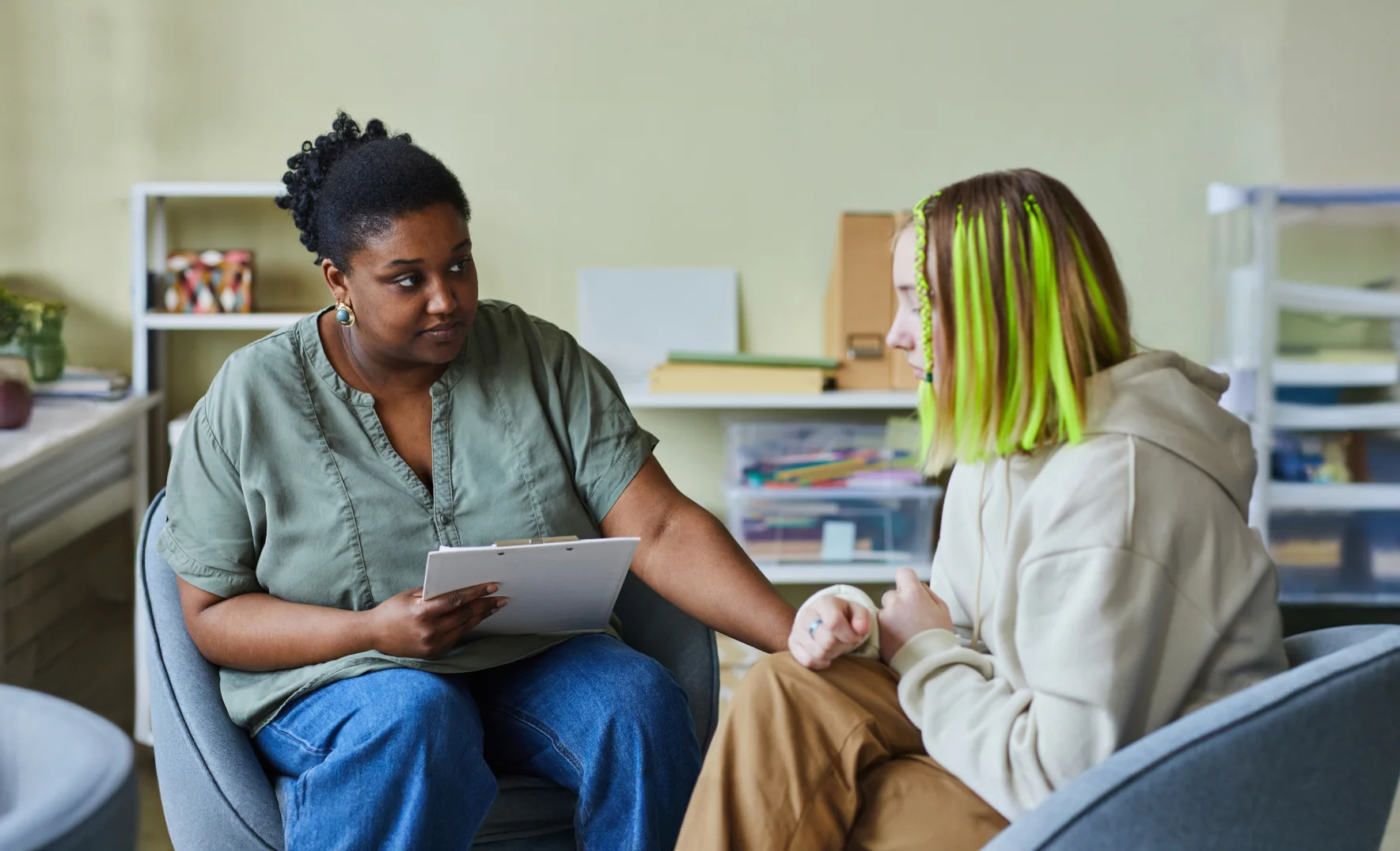24/7 Helpline:
(866) 899-221924/7 Helpline:
(866) 899-2219
Learn more about Couples Rehab centers in Coweta County

Other Insurance Options

Covered California

Medical Mutual of Ohio

Kaiser Permanente

Self-pay options

Optima

PHCS Network

Magellan Health

BHS | Behavioral Health Systems

Excellus

Group Health Incorporated

Oxford

United Health Care

Health Partners

Providence

Horizon Healthcare Service

UnitedHealth Group

Holman Group

Aetna

Premera

Choice Care Network

Center of Renewed Promises
Center of Renewed Promises is a private rehab located in Newnan, Georgia. Center of Renewed Promises...

S and T Assessment and Counseling Service
S and T Assessment and Counseling Service is a private rehab located in Newnan, Georgia. S and T Ass...

Grace Harbour
Grace Harbour is an outpatient mental health clinic that serves individuals from all ages in a holis...


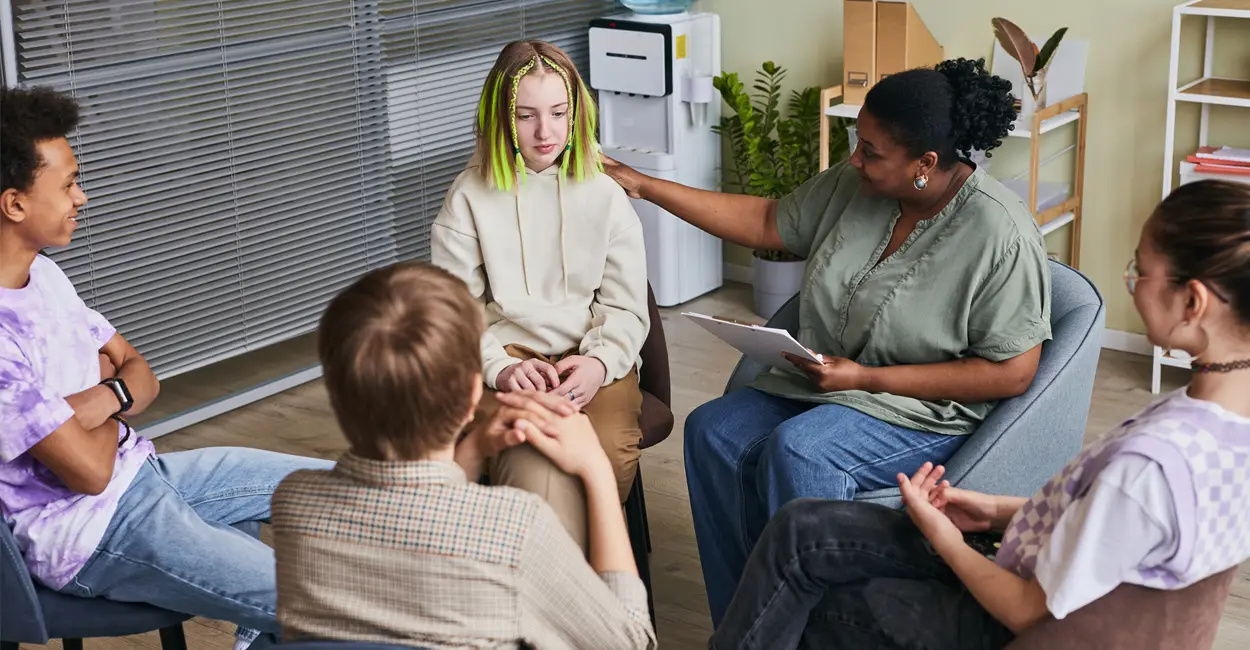





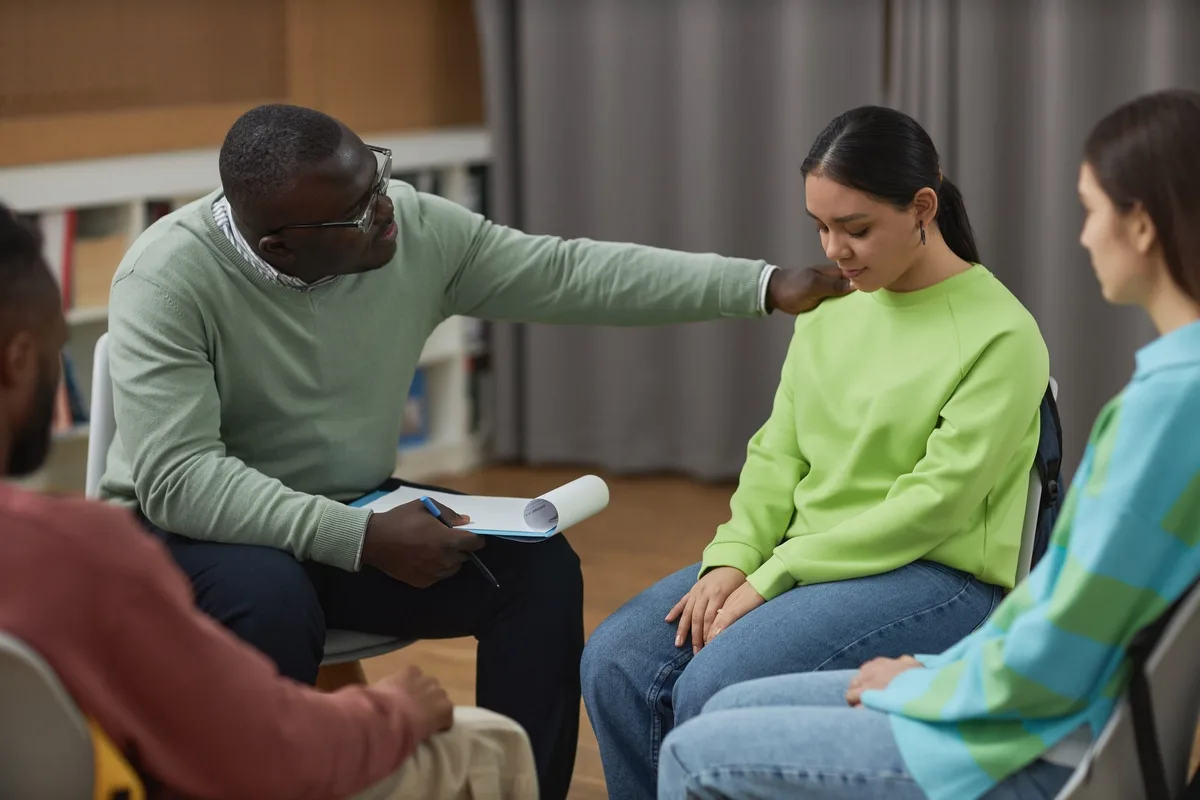
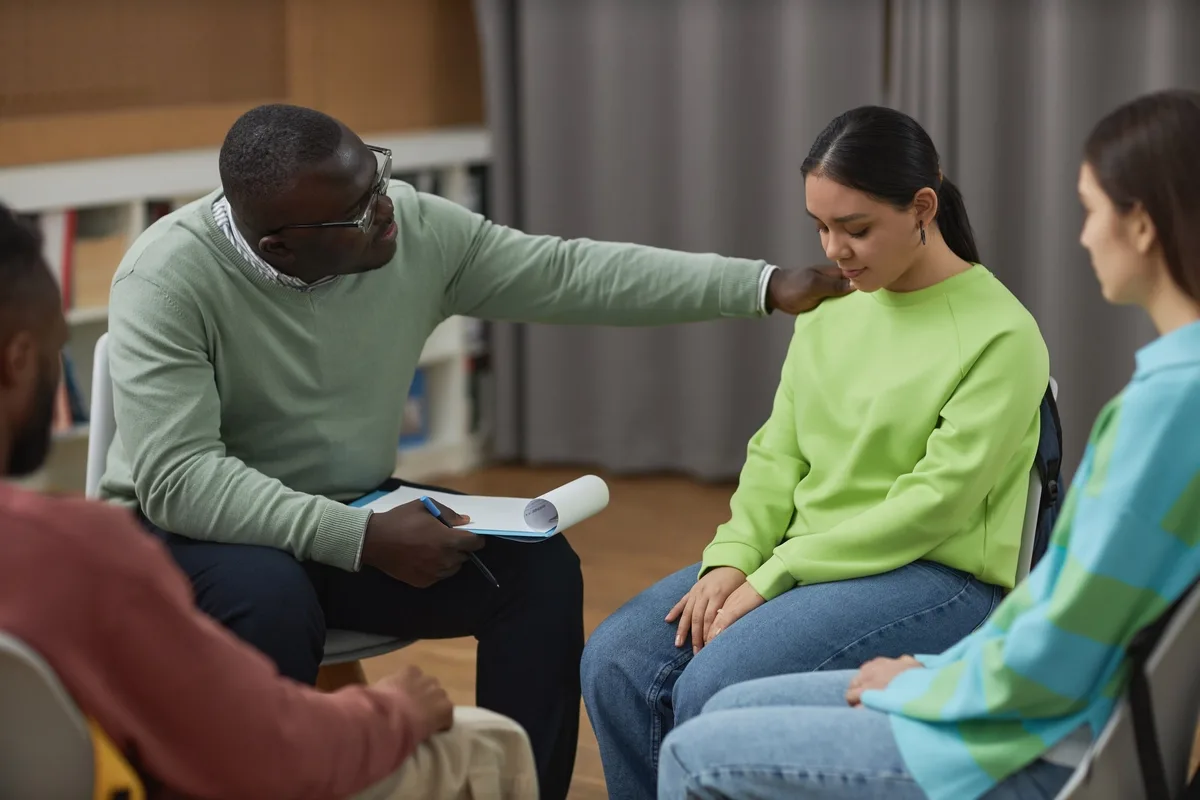



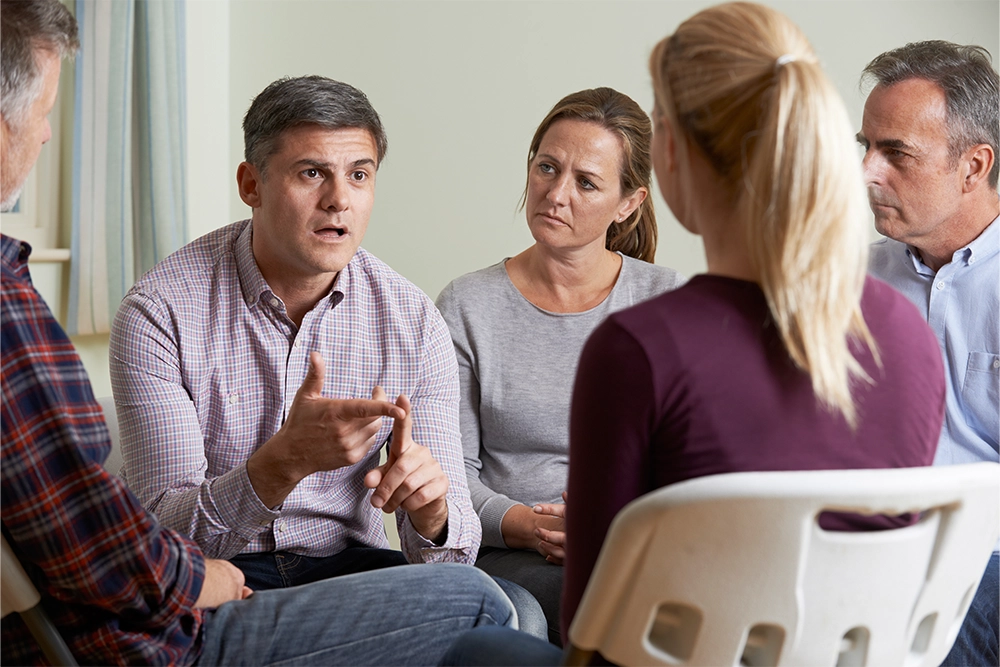






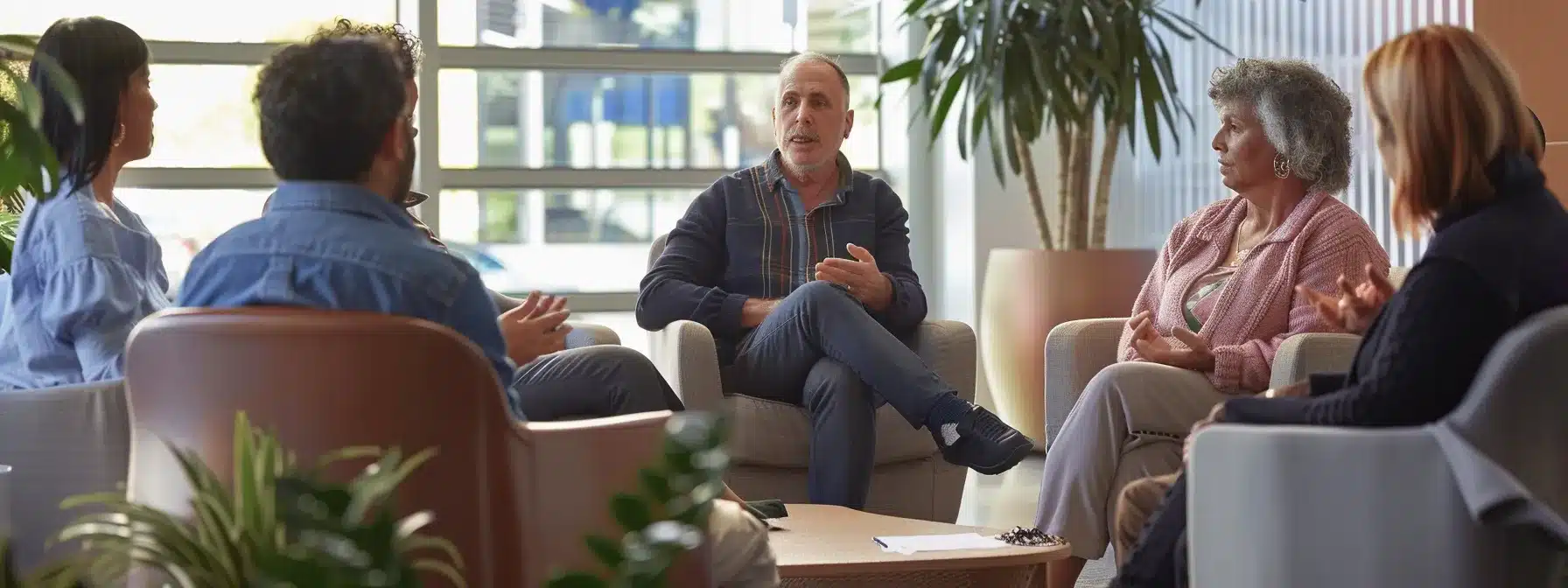


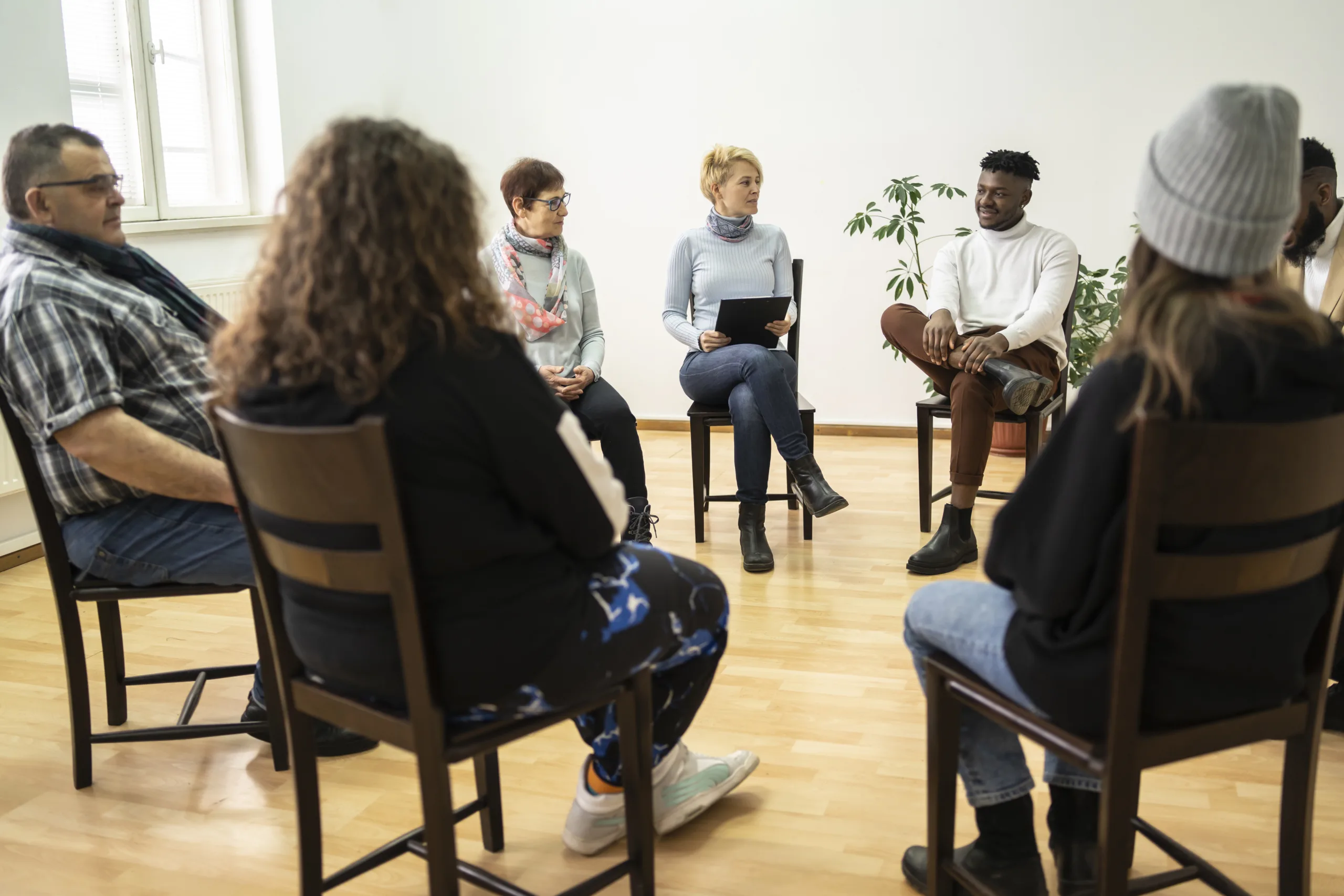






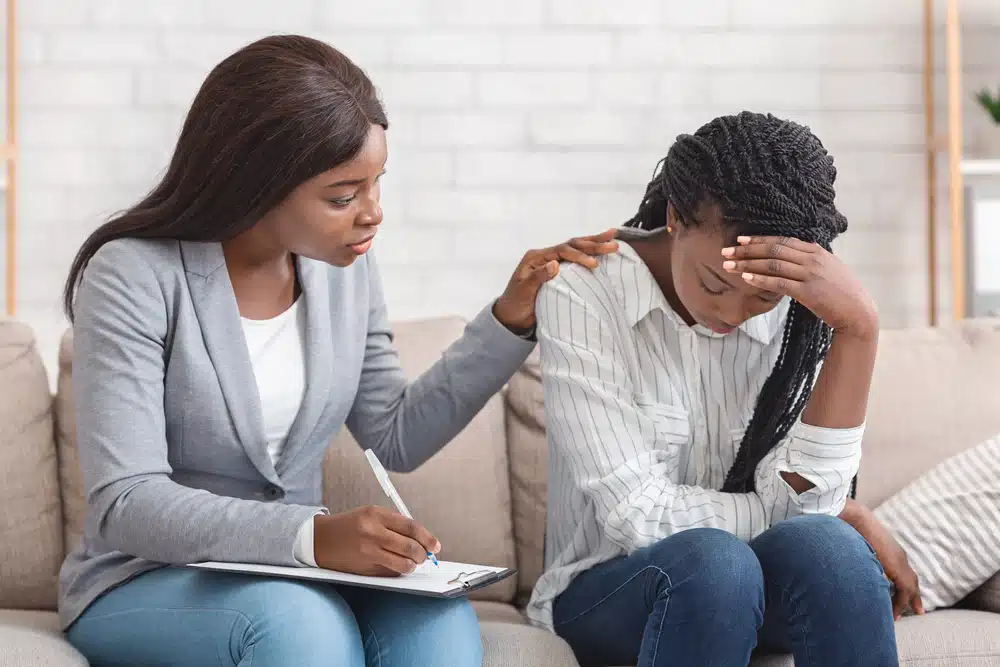

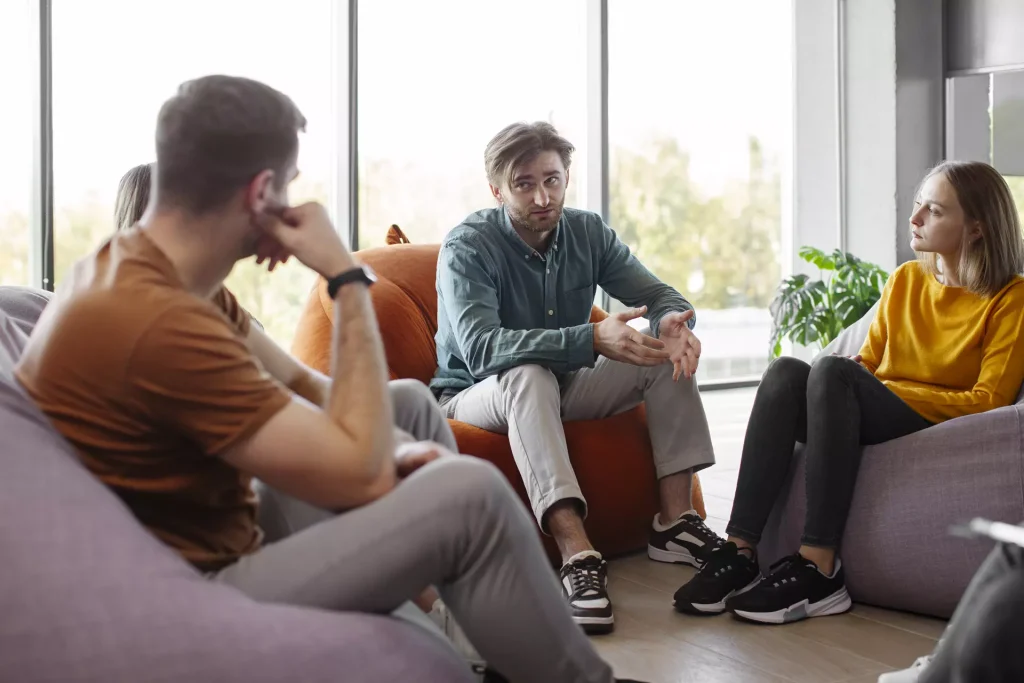



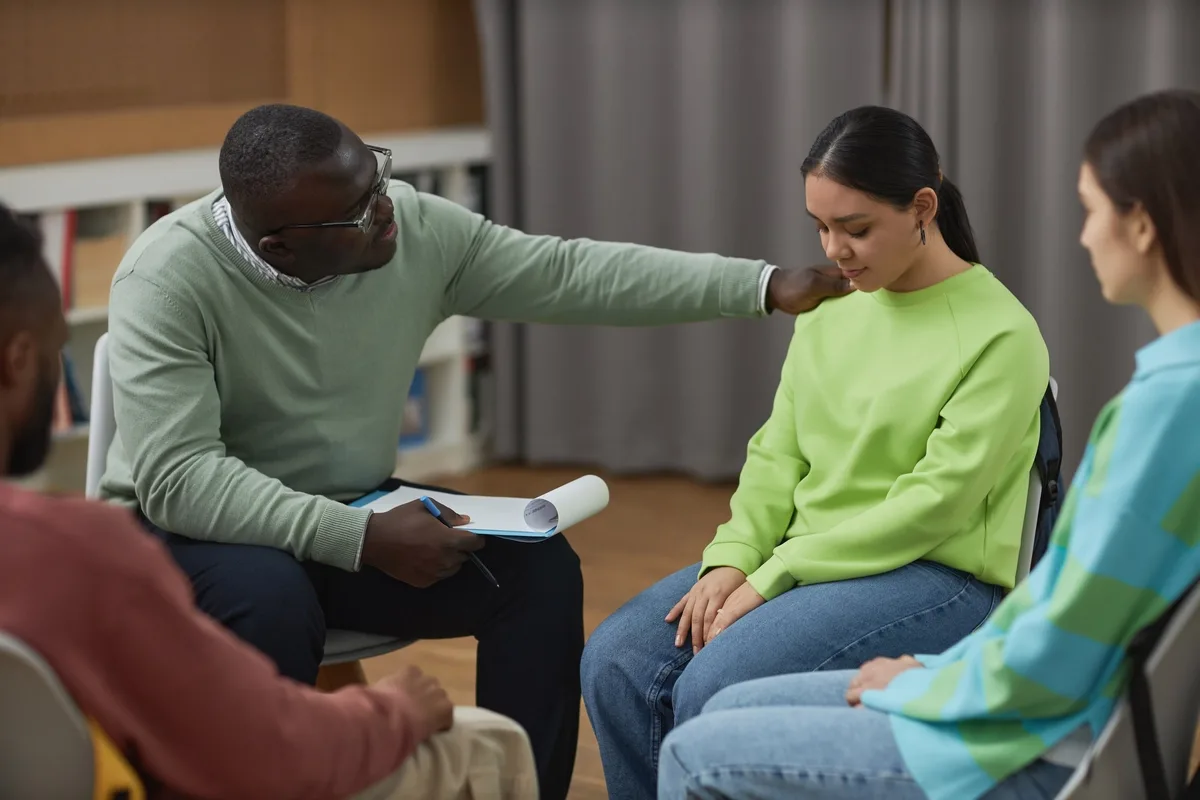




Pathways Center
Pathways Center is a public rehab located in Newnan, Georgia. Pathways Center specializes in the tre...

Treatment Center of America – Newnan
Treatment Center of America – Newnan is a private rehab located in Newnan, Georgia. Treatment Center...

AA – Alcoholics Anonymous
AA – Alcoholics Anonymous is a non-profit rehab located in Newnan, Georgia. AA – Alcoholics Anonymou...





































